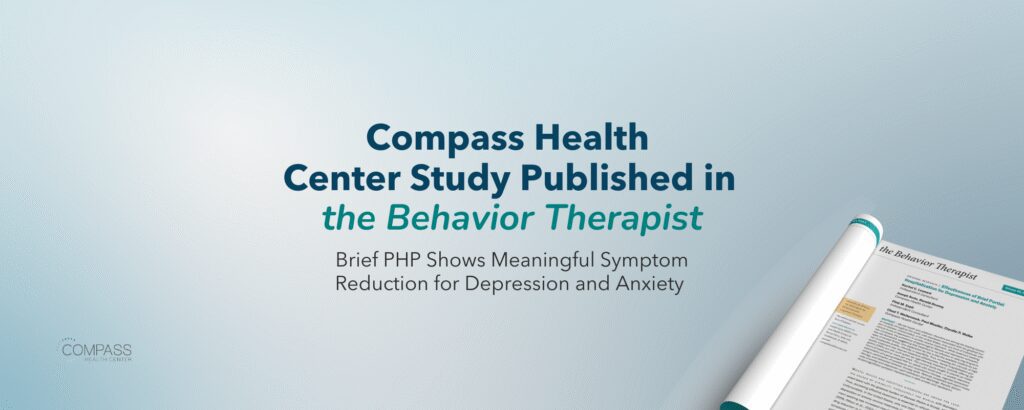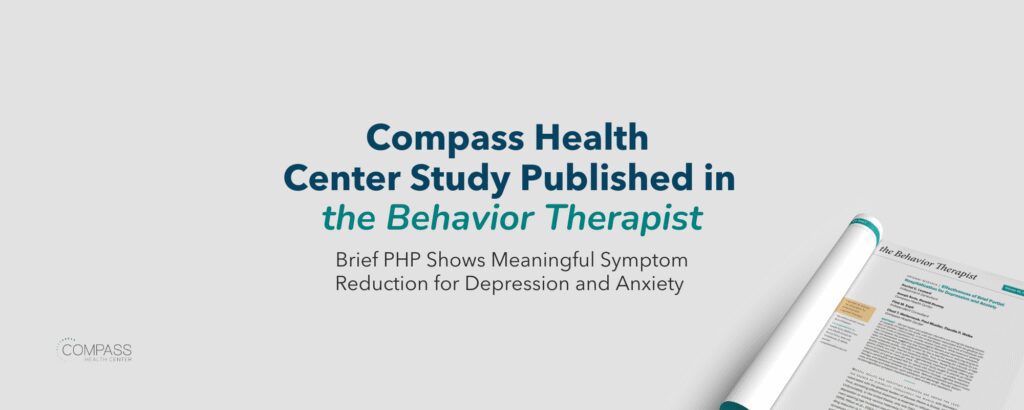
How Does Social Media Affect Teens and Their Mental Health?
As parents, we naturally worry about social media’s effects on our children’s well-being, particularly their mental health. The question nags at us: how does social media truly affect our teens?
We live in a highly interconnected world where likes, comments, and followers dictate many of our teens’ social interactions. This is why it is important to assess the relationship between social media and teen mental health. Every scroll, post, and notification carries weight beyond the screen, shaping our teens’ self-perception, relationships, and emotional resilience.
So, how does social media affect teen mental health? The answer is complicated. Keep reading to learn more and find ways to help your teen navigate a digital world while supporting their mental health.
The Potential Benefits of Social Media for Teens
Amidst the concerns surrounding social media’s impact on teen mental health, it’s essential to understand why our teens are spending time online. When used mindfully, social media platforms can provide teenagers with several valuable benefits. These include:
1. Connection and Support
Social media helps teens feel more connected to their friends and peers with similar interests, experiences, and challenges. Online communities can offer invaluable support and validation for teenagers struggling with isolation or navigating identity exploration.
2. Creative Expression
Social media is also a creative outlet for many teens. Platforms like Instagram, TikTok, and YouTube can allow teens to express themselves through art, music, writing, and other forms of content creation. This avenue will enable them to showcase their talents, build confidence, and even find purpose in sharing their passions with others.
3. Access to Information and Resources
Finally, many social media platforms serve as a way to find information on a diverse range of topics, from educational content to mental health resources. These platforms can open doors to valuable learning experiences beyond traditional education.
.png)
How Social Media Can Negatively Affect Youth Mental Health
While social media offers benefits, it’s essential to recognize its adverse impacts on our teens’ mental health. Several research studies have found links between time spent on social media and symptoms of mental health concerns. The possibly harmful effects of social media shouldn’t be overlooked.
1. Comparison Culture
Comparison culture is one of the most significant issues stemming from social media. These platforms often showcase a carefully curated, filtered version of reality. These curated feeds can lead to teens comparing themselves unfavorably to unrealistic and idealized standards. Constant exposure to this type of media can fuel feelings of inadequacy, jealousy, and low self-esteem.
2. Fear of Missing Out (FOMO)
What’s known as “FOMO” plays a part in negatively affecting teen mental health. Social media’s real-time updates can exacerbate feelings of anxiety or distress in teenagers whose friends and peers are hanging out without them. Teens may experience intensified loneliness or isolation due to the fear of exclusion.
3. Cyberbullying and Harassment
Unfortunately, cyberbullying can also contribute to the negative relationship between social media and teen mental health. Ten percent of teens report being bullied or harassed online. Hurtful comments, derogatory messages, and malicious rumors circulated on social media platforms can result in feelings of shame, depression, and self-doubt. It can also lead to dangerous coping mechanisms, such as substance use in vulnerable teens.
How to Help Teenagers Cultivate a Better Relationship with Social Media
While social media platforms can potentially add value to teenagers’ lives, they need to be used responsibly. As a parent, there are ways you can help your teen foster a more positive relationship with social media.
1. Set Reasonable Expectations
Teenagers can benefit from having rules for using social media as long as these rules are fair and based on reason. One important consideration is setting an age limit for social media use, particularly for children under 13. This is crucial due to the risks associated with these platforms.
Monitoring a teen’s phone is rarely a good idea; it could be perceived as an invasion of privacy that can strain parent-child relationships. A better compromise is having them leave their phones outside their bedrooms overnight, which will ease your concerns while helping them foster healthier habits.
2. Establish Open Lines of Communication
It is crucial to keep an open dialogue with teens about social media. Choose your conversations mindfully and approach them from a compassionate perspective. Being accusatory or condescending can make the parent and child feel like neither is being heard or respected.
It’s also important to give teens room to make mistakes. When they inevitably break some of the rules you’ve set for using social media, treat it as an opportunity to open a dialogue and give them a chance to grow from it.
3. Practice What You Preach
While many parents know they are modeling behavior for their young children, this still applies to them when they’re teenagers, too. The expressions of “like father, like son” and “like mother, like daughter” ring true across all stages of development.
As a parent, it’s essential to model the responsible social media behavior you want to see from your teenagers. If you post appropriate photos and interact respectfully with others online, you will increase the likelihood of them doing the same.
.png)
Find Support with Teen Mental Health Services
So, how does social media affect teens and their mental health? It’s not as straightforward as it may seem. But by understanding the nuances of social media’s impact on teen mental health, we can equip ourselves with the knowledge and tools to guide our children through the complexities of the online world.
At Compass Health Center, we understand that sometimes doing your best as a parent isn’t enough to keep negative online experiences from having real-world consequences. That’s why we offer specialized adolescent programming designed to support young people’s mental health. We can help you navigate the complexities of parenting in the age of social media, prioritizing our children’s mental health every step of the way. Together, we can foster open conversations, cultivate healthy boundaries, and nourish resilience in our teens.
We care. Contact us today to get started.


